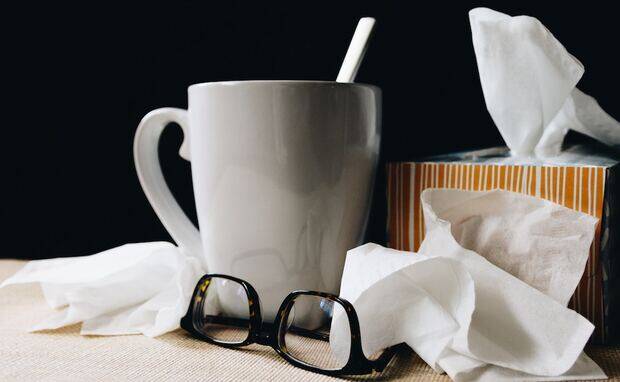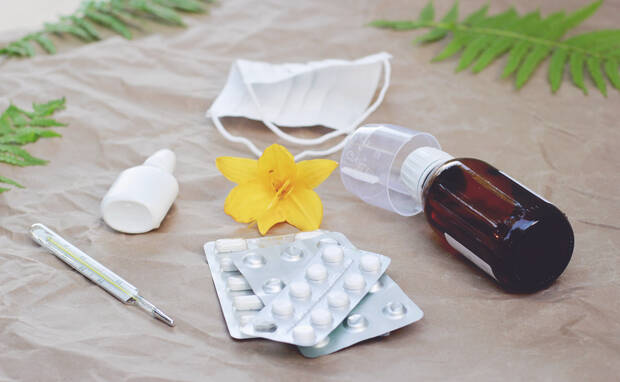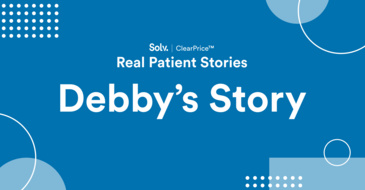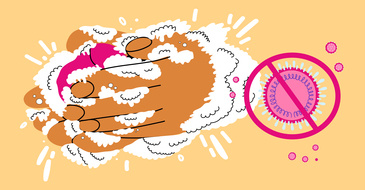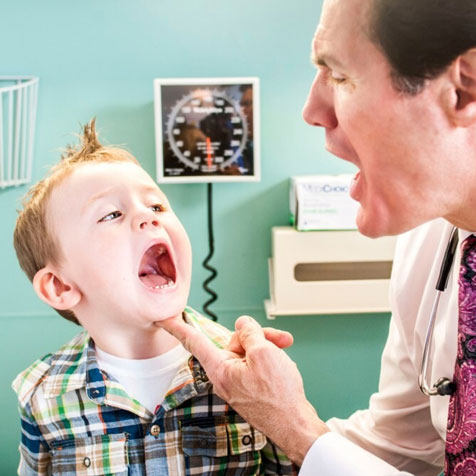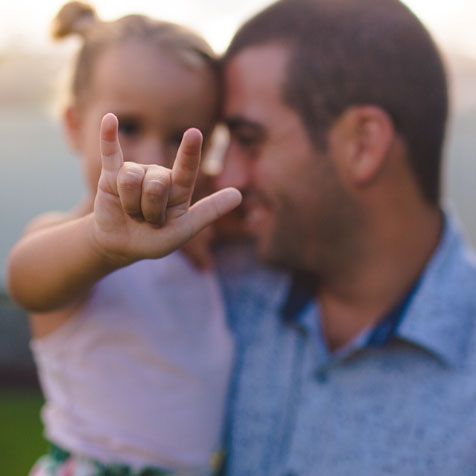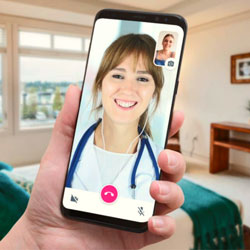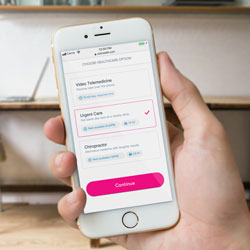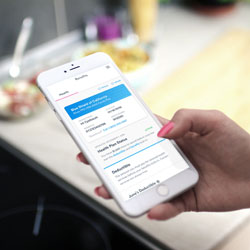In Good Health
Tips, advice, news—your resource to stay healthy and safe while improving your experience with healthcare providers when you need them.
Featured topics
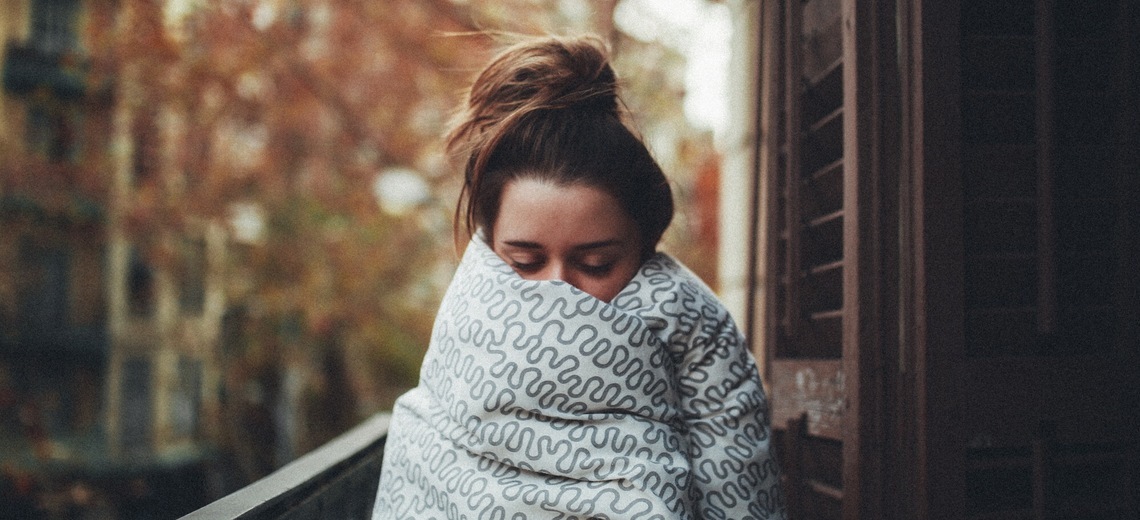
Top articles
What's new
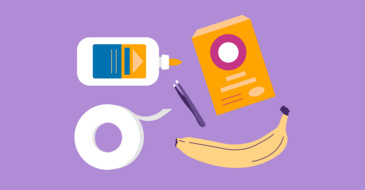
How to Remove a Splinter: Painless At-home Methods
Splinters are a huge bummer. At best, they’re irritating. At worst, they can get infected and...

Semaglutide Dosage Chart: Complete Guide
Semaglutide is a medication primarily used for the treatment of type 2 diabetes and obesity,...

Important Liraglutide Side Effects to Be Aware Of
Liraglutide is a medication primarily used to manage type 2 diabetes and, in some cases, to...

Ozempic for Weight Loss: Who Should Consider It & Is It Effective?
Ozempic, a medication originally designed to treat type 2 diabetes, is now offered as a...

Not Losing Weight on Semaglutide? Here’s Why
Semaglutide, a medication originally developed for the treatment of type 2 diabetes, has gained...

Semaglutide Tablets: Everything You Need to Know
Semaglutide tablets, commonly known by the brand name Rybelsus, are a groundbreaking medication...

Weight Loss Pills: Do They Work?
In recent years, the quest for effective weight loss solutions has led to an explosion of options...

Ozempic Nausea Relief: Tips & Strategies
Ozempic is a medication used primarily for the treatment of type 2 diabetes, according to the...

Ozempic For Prediabetes: Does Insurance Cover It?
Ozempic is a medication primarily used for managing type 2 diabetes that has garnered attention...

What Is the Best Injection for Weight Loss? An Overview
In recent years, weight loss injections have gained popularity as a potential solution for...

15 Ozempic Side Effects You Should Be Aware Of
Ozempic is a medication primarily used for the management of type 2 diabetes — and it has...

8 Top Semaglutide Alternatives
In recent years, semaglutide has gained significant attention as an effective treatment for...

Ozempic and Alcohol: Is it Safe?
Ozempic, a brand name for semaglutide, is a medication primarily prescribed for managing type 2...

Weight Loss Injections: What They Are & How To Get Them
In recent years, weight loss injections have gained popularity as a potential solution for those...

Metformin Versus Ozempic: Differences Explained
Metformin and Ozempic are two widely used diabetes medications for managing type 2 diabetes,...

Eating Disorders Treatment: A Complete Guide
Eating disorders are complex mental health conditions that can have serious physical and...

Drug Allergies: Symptoms, Reactions, & Treatments
It is essential to understand that a drug allergy is distinct from a drug side effect, according...

Wisdom Tooth Pain: Symptoms, Causes & Treatment
Wisdom tooth pain is a common issue that many individuals experience as their third molars...

Stool Test: Definition, Types, Results, & Purpose
If you have been experiencing stomach problems such as persistent diarrhea, abdominal pain, or...

What Is a TSH (Thyroid -Stimulating Hormone) Test?
A TSH test measures the level of thyroid-stimulating hormone in your blood. TSH is produced by...
HEALTH LIBRARY & TOOLS
Symptoms, Conditions & Treatments
Browse symptoms, diseases and conditions
View AllFeatured articles
- Best 12 Home Remedies for Allergies
- What is a Mental Health Leave? Everything You Need to Know
- 9 Steps to Stop a Nosebleed
- Spring Allergies: Causes, Symptoms, and Treatments
- 5 Ways to Treat Dehydration at Home
- 7 Tips to Stay Healthy During Cold and Flu Season
- Your Guide to Fall Vaccines: Flu shots, COVID boosters & RSV
- 6 Things to know about Omicron BA.4 and BA.5. The latest COVID variants are spreading faster with more breakthrough infections.
- Parent Tips for a “no burn-out, no bummer” summer with kids
- Omicron BA.2 ‘stealth’ variant: Do you need to worry about the dominant strain sweeping across the U.S?
- Health Effects of Daylight Savings and Falling Back
- Dating Etiquette in the Omicron Era





